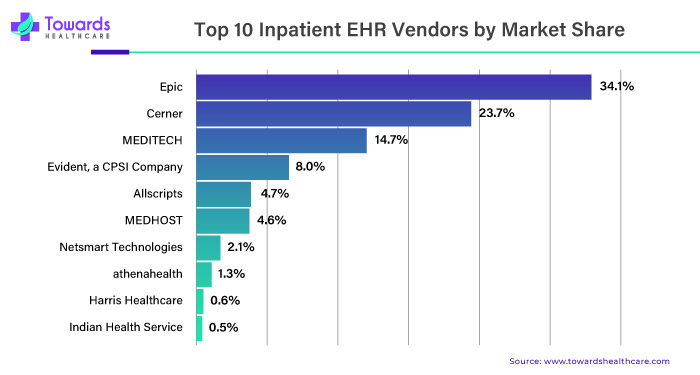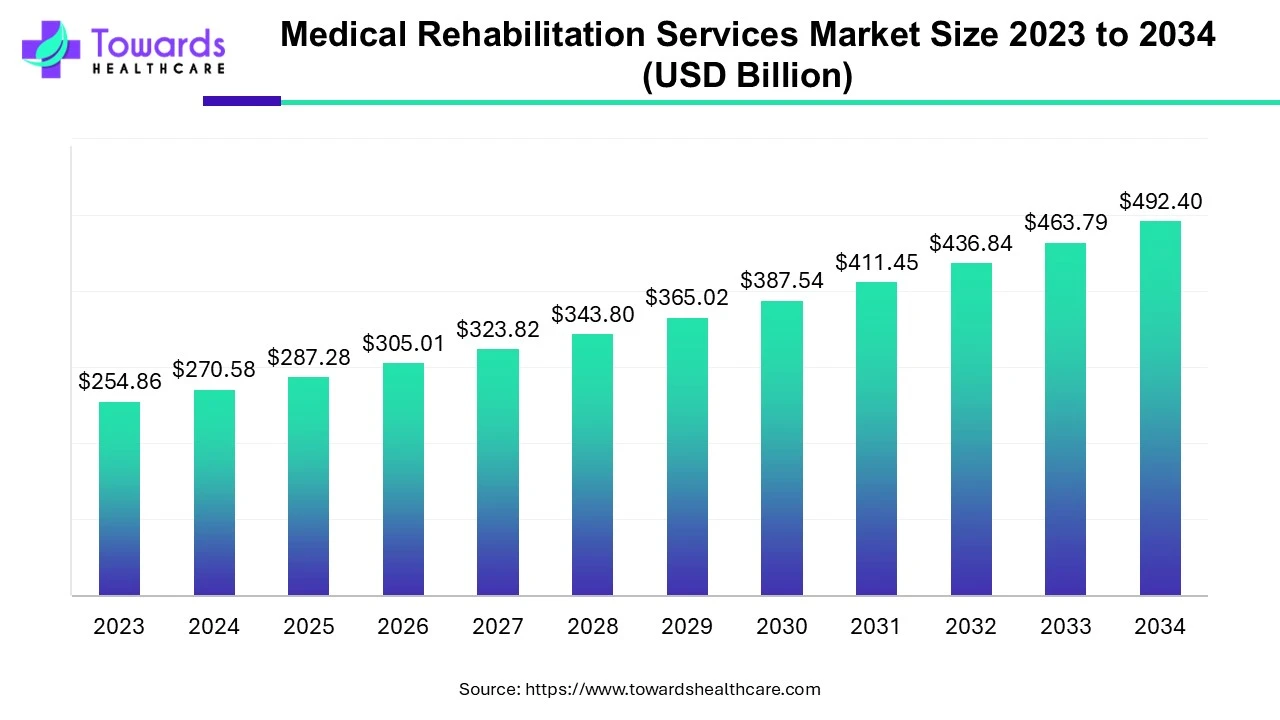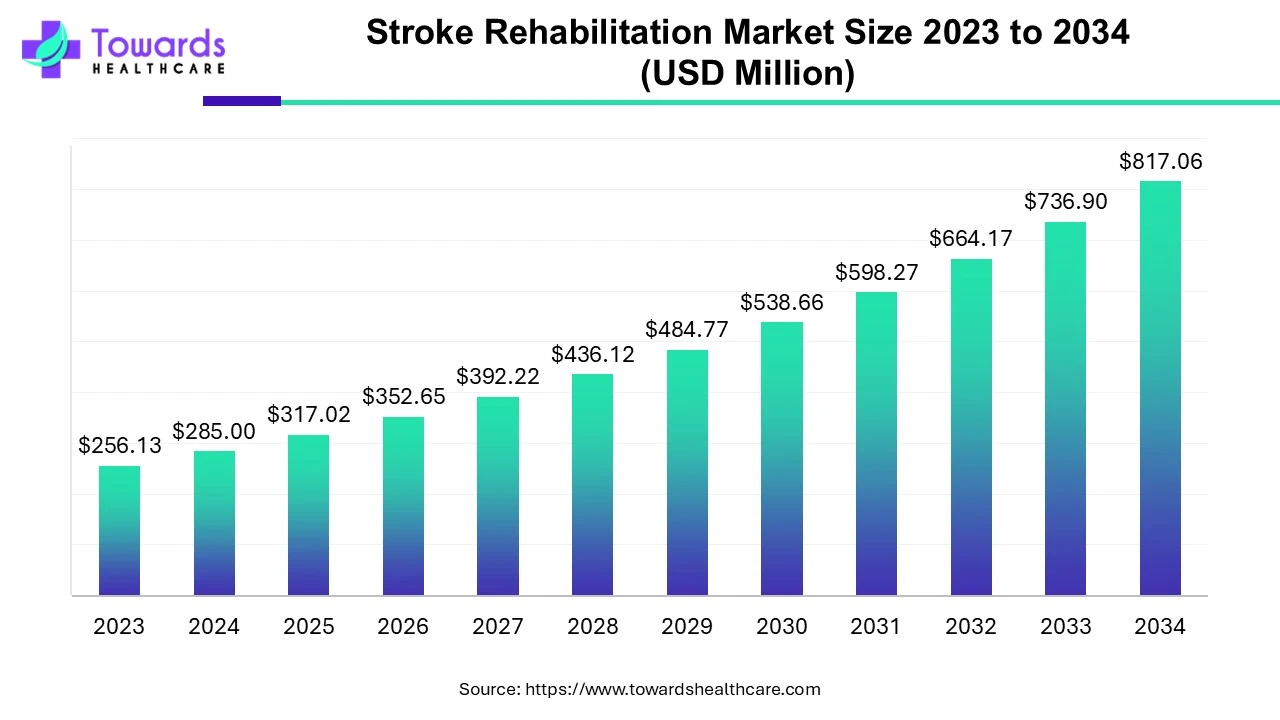
Several prominent market players wield influence, shaping the landscape of digital healthcare. Here, we shine a spotlight on the key entities driving innovation and transformation in the EHR sector.
Epic Systems Corporation: Pioneering Healthcare Solutions
- Epic Systems Corporation stands at the forefront, pioneering cutting-edge healthcare solutions. Renowned for its comprehensive EHR systems, Epic plays a pivotal role in digitizing and optimizing healthcare delivery on a global scale.
Allscripts Healthcare Solutions, Inc.: Empowering Connectivity
- Allscripts Healthcare Solutions, Inc. is a trailblazer in empowering connectivity within the healthcare ecosystem. With a focus on interoperability, their EHR solutions bridge gaps, facilitating seamless information exchange among healthcare providers.
McKesson Corporation: Leveraging Technology for Efficiency
- McKesson Corporation harnesses the power of technology to enhance efficiency in healthcare. Their EHR offerings contribute to streamlined processes, ensuring healthcare professionals can deliver optimal care with precision.
GE Healthcare: Innovating for Better Patient Outcomes
- At the intersection of innovation and healthcare, GE Healthcare stands tall. Their EHR solutions reflect a commitment to advancing patient outcomes through technological advancements and data-driven insights.
NextGen Healthcare, Inc.: Elevating Patient-Centric Care
- NextGen Healthcare, Inc. places a strong emphasis on patient-centric care. Their EHR systems are designed to elevate the patient experience, fostering a personalized approach to healthcare delivery.
Athenahealth: Transforming Healthcare Management
- Athenahealth is a transformative force in healthcare management. Renowned for its cloud-based EHR solutions, Athenahealth streamlines administrative processes, allowing healthcare providers to focus on what matters most – patient care.
OpenEMR: Open-Source Excellence
- In the realm of open-source EHR solutions, OpenEMR takes center stage. As a community-driven platform, OpenEMR empowers customization and collaboration, contributing to a more adaptable and responsive healthcare landscape.
Siemens Healthineers AG: Precision and Innovation
- Siemens Healthineers AG brings precision and innovation to the forefront of EHR technology. Their solutions reflect a commitment to delivering accurate and impactful healthcare information, contributing to enhanced clinical decision-making.
eClinicalWorks: Navigating the Future of Healthcare
- eClinicalWorks is a forward-thinking player shaping the future of healthcare. With a focus on user-friendly EHR solutions, eClinicalWorks navigates the evolving healthcare landscape, promoting accessibility and ease of use.
Medical Information Technology, Inc.: Spearheading Technological Excellence
- Spearheading technological excellence, Medical Information Technology, Inc. (MEDITECH) is a stalwart in the EHR domain. Their solutions integrate seamlessly into healthcare workflows, contributing to a more connected and efficient healthcare ecosystem.
As these market players continue to innovate and evolve, their contributions are instrumental in shaping the trajectory of Electronic Health Records. With a shared commitment to advancing healthcare through technology, these entities stand as pillars of progress in the digital healthcare revolution.
For any queries, we are available for you @ https://www.towardshealthcare.com/personalized-scope/5103
Overcoming Challenges for EHR Adoption in Low-Income Countries
The landscape of Electronic Health Records (EHR) adoption in low-income countries faces a myriad of challenges, as highlighted by the HHS Cybersecurity Program report in 2022. Delving into the complexities, we explore the barriers hindering growth and the pivotal role of facilitators in shaping the trajectory of EHR implementation.
The Global Stage: Top 10 Inpatient EHR Vendors
According to the HHS Cybersecurity Program report in 2022, the figure below, sourced from Definitive Healthcare’s HospitalView (June 2021), illustrates the top EMR/EHR software systems used in hospitals. This insight underscores the prominence of EHRs in modern healthcare, particularly in high-income regions.
Roadblocks in Low-Income Countries
Financial Constraints: A Stumbling Block
In low-income countries, the adoption of Electronic Health Records grapples with formidable challenges. Financial constraints take center stage, with limited budgets posing a significant hurdle to the substantial upfront investment required for EHR system implementation. This economic barrier hampers the progress towards digital health management.
Infrastructure Woes: Connectivity and Hardware Struggles
Inadequate infrastructure compounds the challenges, encompassing poor internet connectivity and outdated hardware. These limitations hinder the seamless integration of EHR systems, slowing down the transition towards modernized healthcare practices.
Workforce Challenges and Resistance to Change
The need for a skilled workforce is another critical factor impeding the integration of EHRs in low-income countries. Resistance to change among healthcare professionals further complicates the adoption process, creating barriers that must be overcome for successful implementation.
Security and Privacy Concerns: Building Trust in Digital Health
Data security and privacy concerns loom large, eroding trust in digital health management systems. Addressing these apprehensions is crucial to building confidence in EHR adoption, emphasizing the importance of robust cybersecurity measures in the digital healthcare landscape.
Impact on Market Growth: Navigating Barriers and Facilitators
Restrained Growth Due to Barriers
The collective impact of financial limitations, infrastructure challenges, resistance to change, and workforce shortages in low-income countries restrains the adoption of EHR systems. This results in a deceleration of the overall pace of implementation, hindering the potential benefits of digital health management.
Facilitators as Catalysts for Growth
Conversely, facilitators such as government support and international collaboration emerge as catalysts for growth. By addressing financial constraints, infrastructure challenges, and workforce shortages, these facilitators stimulate a more widespread adoption of EHR systems. Successful navigation of barriers and effective facilitator implementation will be pivotal in shaping the extent of EHR adoption in low-income countries, thereby influencing the overall market growth in these regions.
In navigating the complexities of EHR adoption in low-income countries, a strategic approach that addresses challenges while leveraging facilitators is essential. This delicate balance holds the key to unlocking the full potential of Electronic Health Records in regions striving for improved healthcare outcomes.
Access our Premium Real Time Data Intelligence Tool, Visit: www.precedencestatistics.com
Secure your copy of our in-depth study now @ https://www.towardshealthcare.com/price/5103
READ MORE SNAPSHOTS:


